
For Asians in Australia, a collective memory of racial trauma
- Feelings of low self-worth and anger from discriminatory incidents during the Covid-19 pandemic are affecting the mental health of ethnic minorities
- Society needs to change its understanding of what racism is and speak up against it, experts say
Charmaine Celine, a Eurasian-Chinese student attending La Trobe University in Melbourne’s Bundoora, said she had been grappling with feelings of inferiority and embarrassment over her race amid the coronavirus pandemic.
As infections rose across Australia – it has just over 7,100 cases across its eight states and territories while 103 people have died – strangers who she saw in public made comments such as “go back to your own country” to the 21-year-old and accused her of “stealing” their jobs.
“I am a confident and outgoing person but ever since the pandemic, I am almost ashamed and embarrassed about being Asian,” said Celine, who moved from Singapore last year.
“It feels like I have lost my social skills when out in public … when it’s in a public place, I think everyone else watching agrees with the person making racist comments too. I feel small and immediately inferior.”
After 35 years my Australian-ness is still being called into question
Gabby Malpas, an adopted Chinese-New Zealander, was stared down by an elderly white Australian woman in Redfern in Sydney while she was at the shops.
“She gave me a look of hatred. I have had a lifetime of racism to know what a look of hatred is,” said Malpas, who decided she could not deal with the stress of going out and asked her husband to take over the shopping.
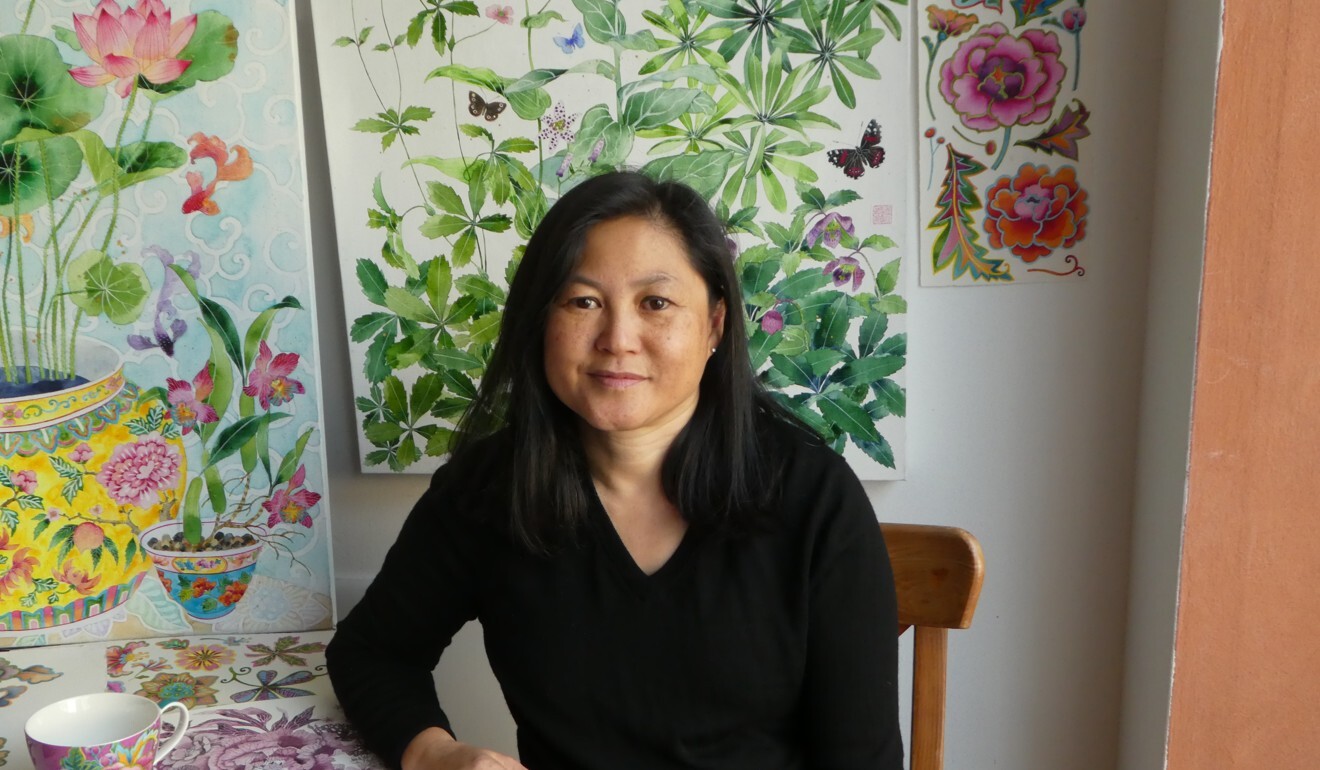
Earlier this month, Human Rights Watch pointed to how Asians and people of Asian descent had been targets of “derogatory language” across media reports and social media platforms.
The organisation said the use of the terms “Chinese virus” and “Wuhan virus” by US President Donald Trump and Secretary of State Mike Pompeo – in reference to how the virus was first detected in the Chinese city of Wuhan – may have encouraged hate speech in the US.
Racial and social justice educator Robin DiAngelo said she expected the pandemic to have a “quite profound” impact on communities of colour.
“There’s already been a kind of weathering down of these communities from institutional discrimination and neglect,” said the Seattle-based author of White Fragility, adding that racism as a result of Covid-19 would add another layer of psychological trauma.
The mask of white Australia drops in racist media coverage of Covid-19
Monnica Williams, a clinical psychologist and researcher at the University of Ottawa, agreed.
“Trauma is cumulative, so if individuals who are being targeted have a cultural history of racism, this will compound it,” she said.
Williams said a video of two Singaporean and Malaysian students from the University of Melbourne who were dragged and kicked on April 15 after confronting two women verbally abusing them in Melbourne’s central business district was “horrifying”.
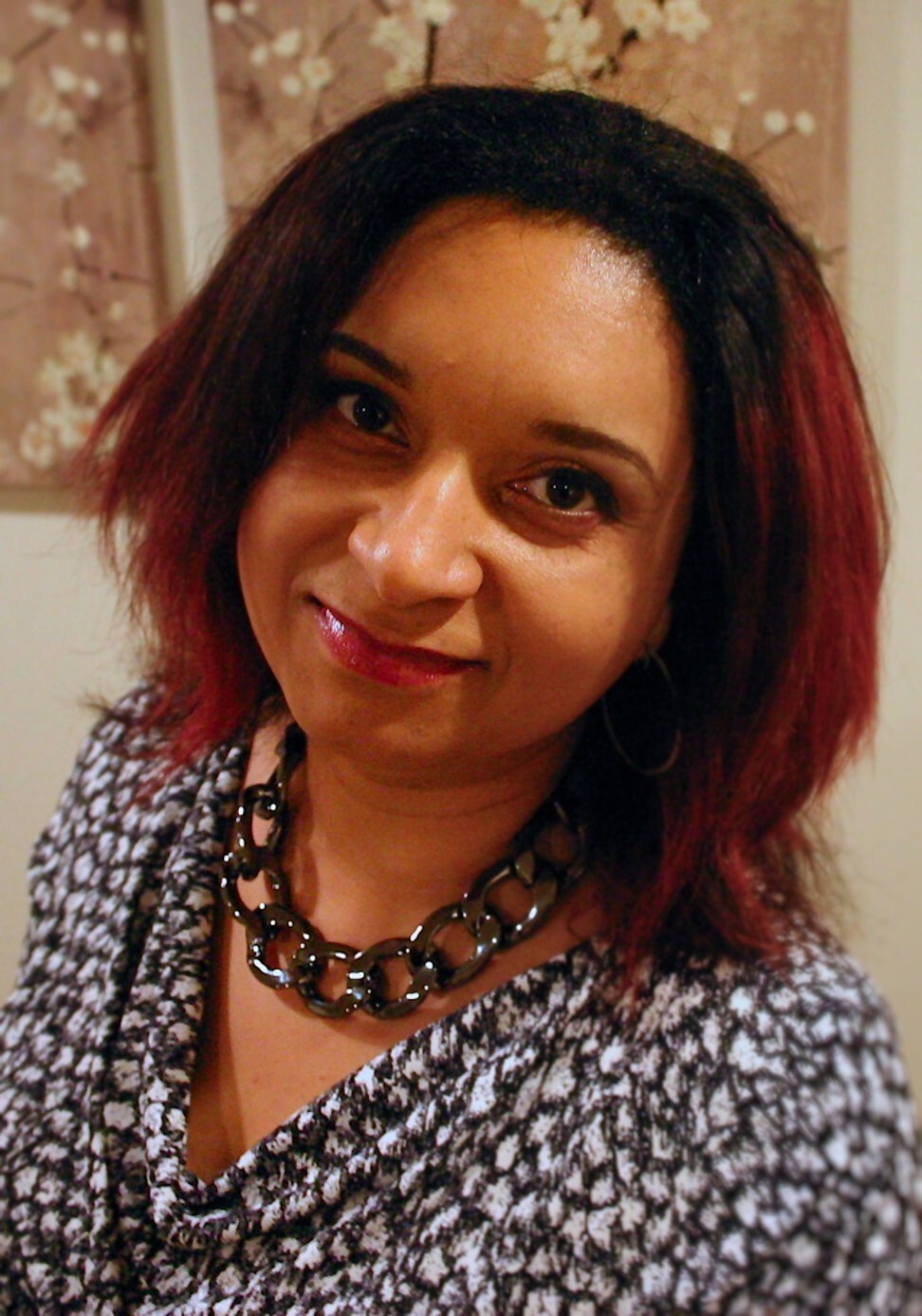
Besides the victims, other Asian Australians who viewed the video would also find it distressing, she said, especially if there was “no justice, no proper punishment for the perpetrators”.
One woman, Jakkara Brigham, was charged with recklessly causing injury but made bail before her next court appearance in November. She laughed when she was released, local media reported. The police are looking for another white Australian woman involved in the attack.
Denial by wider society exacerbated racism trauma, DiAngelo said. That is something many Asian Australians who have been told to “lighten up” when racially taunted will identify with.
Go back to China, attacker told indigenous Vancouver woman who sneezed
A Chinese student named Stefanie told a local online publication in early May that the person who served her at a Starbucks in a Melbourne shopping complex had marked her coffee cup “Ste Cor 19”. She brought it up with the server but he said he had bad handwriting.
Stefanie said she did not get a resolution when she complained to Starbucks Australia.
The company did not respond to a request for comment by This Week in Asia.
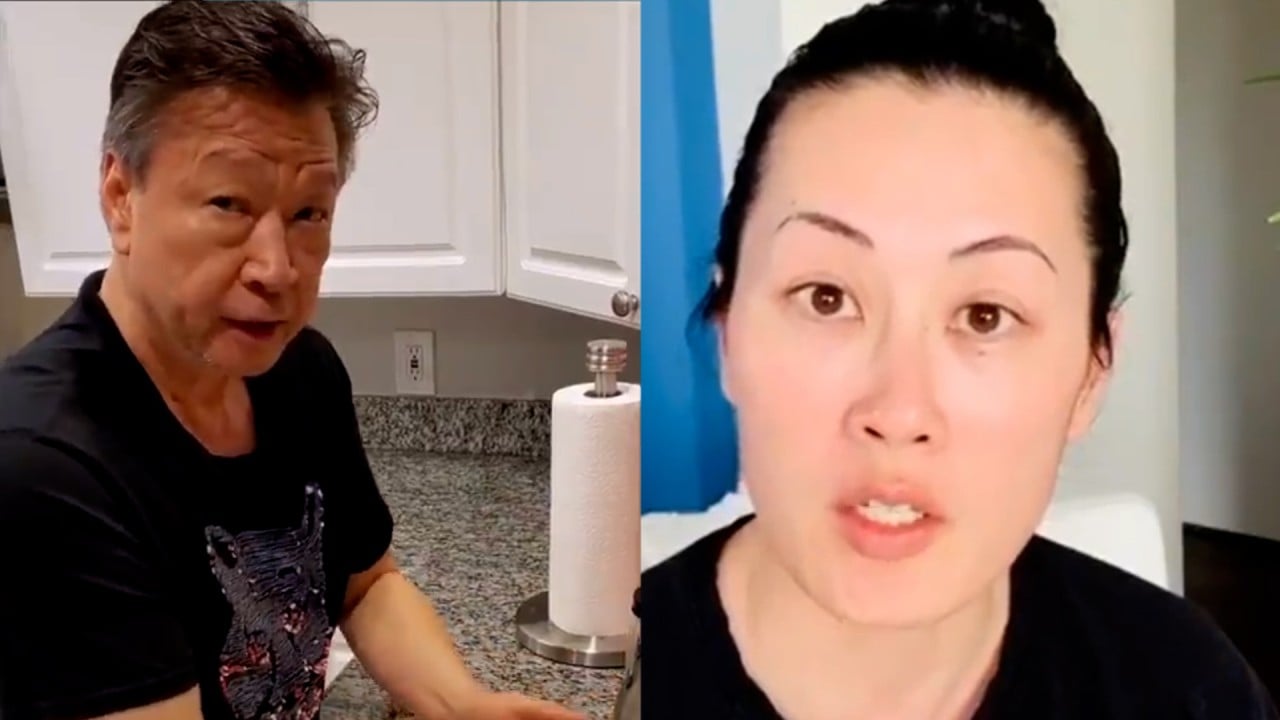
02:48
Coronavirus: Asian actors hit back at anti-asian racism
“When you are told you are not experiencing racism, you are moving through a form of terrorism. It’s gaslighting,” DiAngelo said.
Western societies had rejected the notion that there was racism because it was “too shameful”, she said.
“There’s shame on both sides of the coin. If you’re non-white, you go small and silent. For white people, the shame causes many to become defensive and lash out aggressively to push away that feeling and quickly re-establish ourselves as ‘more than’.”
The same process repeated over and over results in “internalised racism”, a psychological condition where marginalised people develop beliefs, ideas, actions and behaviours that collude with racism and accept the negative stereotypes about themselves, Japanese-Australian therapist Asami Koike of the Asian Australian mental health practice Shapes & Sounds said.

“It differs from racism because racism is about being attacked and oppressed by someone else, whereas internalised racism is how we attack and oppress ourselves,” said Koike, who is based in Melbourne.
She recalled how right-wing politician Pauline Hanson in the 1990s said Australia was being “swamped by Asians”, resulting in a significant increase in the number of people of Asian heritage being verbally and physically abused by strangers in public, a scene repeated across the world during the coronavirus pandemic.
Hanson had said that “Asians have their own culture and religion, form ghettos and do not assimilate”. This sparked outrage among Asian-Australians and added to a sense that they were “not accepted in Australia”, Koike said.
‘You Chinese virus spreader’: after Covid, Australia has racism outbreak to deal with
Chinese-Australian advocate Jieh-Yung Lo recalled feeling this way.
The 35-year-old was recently told by a stranger to “wear a mask” while he was on his way home from the supermarket in Melbourne, where he was born. It reminded him of when his classmates in high school sang the song Yellow by British pop band Coldplay at him.
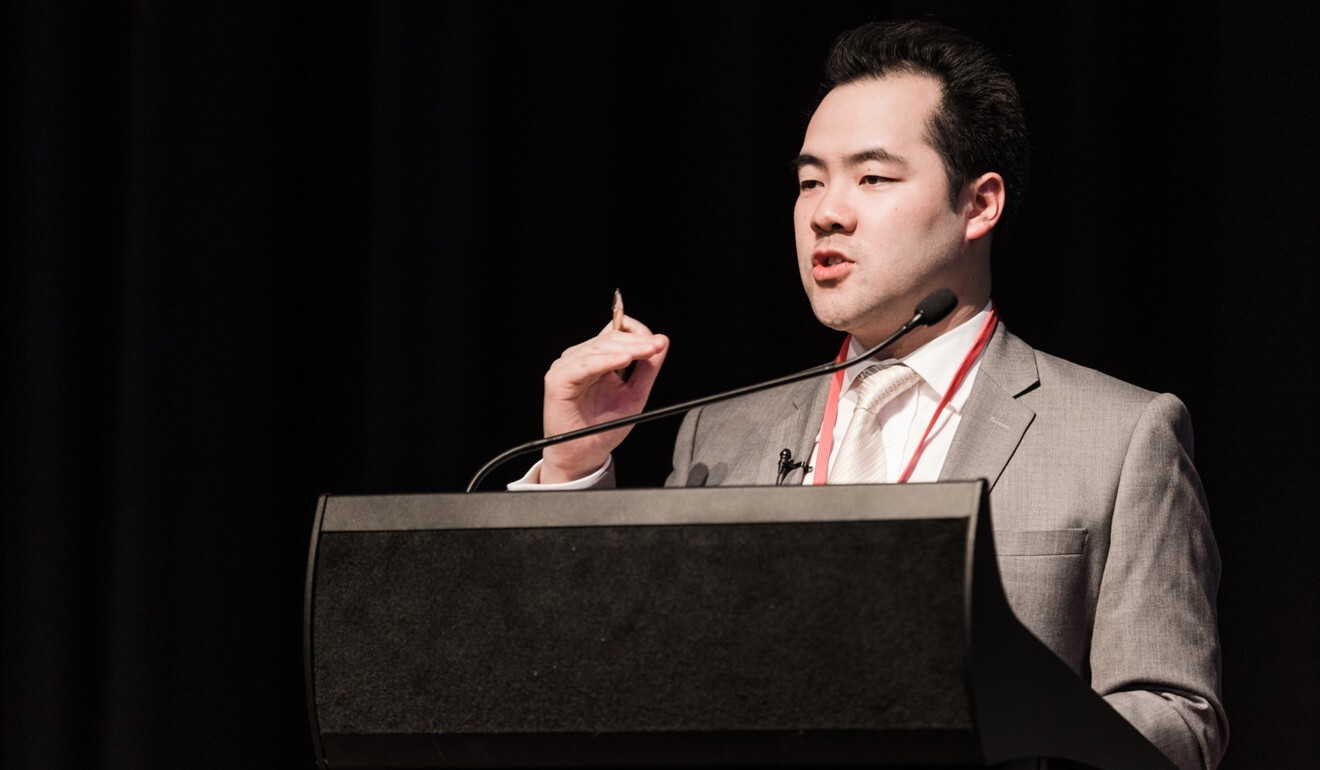
“I feel extremely frustrated because after 35 years my Australian-ness is still being called into question,” said Lo, now the founding director at the Australian National University Centre for Asian Australian Leadership, which aims to boost the community’s representation in public institutions and large corporations.
Koike said she believed weakened “self worth” was why few Asian Australians stepped up to leadership roles.
Indeed, the 2018 diversity leadership report card, Leading for Change, shows there was barely any change in Asian-Australian diversity at the C-suite level of Australian organisations over two years, despite organisational buy-in.
The report found nearly all or 97 per cent of senior management in Australian companies was still made up of Australians of Anglo-Celtic and European backgrounds.
DiAngelo said it was not up to the government to lead more campaigns but for society to change its understanding of what racism was.
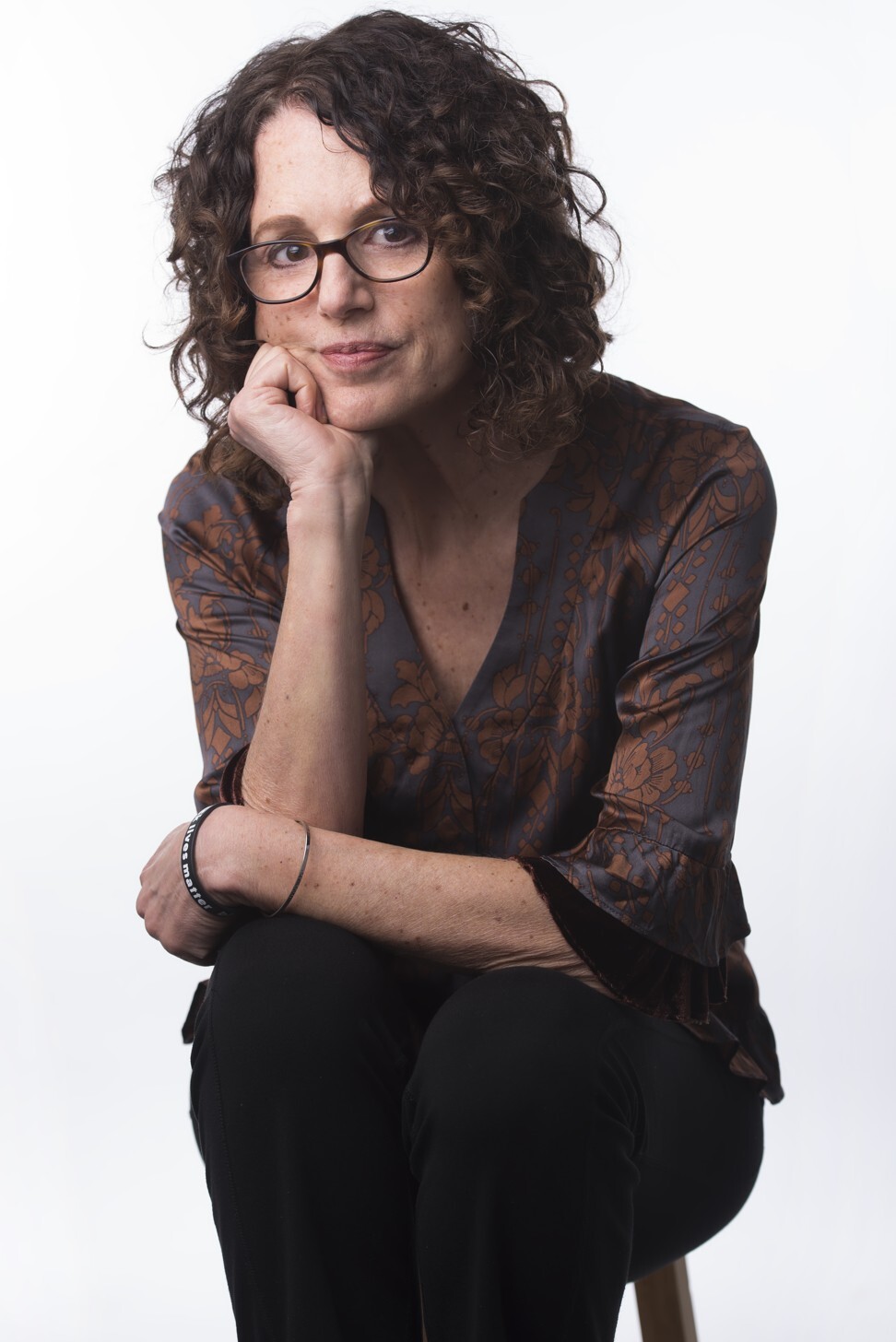
“For example, while I am not going to reduce you to an Asian-Australian person when talking to you, I will be thoughtfully aware that I am speaking across racial positions.
“If I make an inadvertent assumption about your race, rather than saying I didn’t mean it, I engage with you without being sensitive about it and I actually appreciate that you help me see that I am making an assumption. It is a process.
“Good-intentioned white people must understand our silence on racism makes us more complicit with the extreme act. And the more extreme act allows us to divorce ourselves from the part we play.” ■


